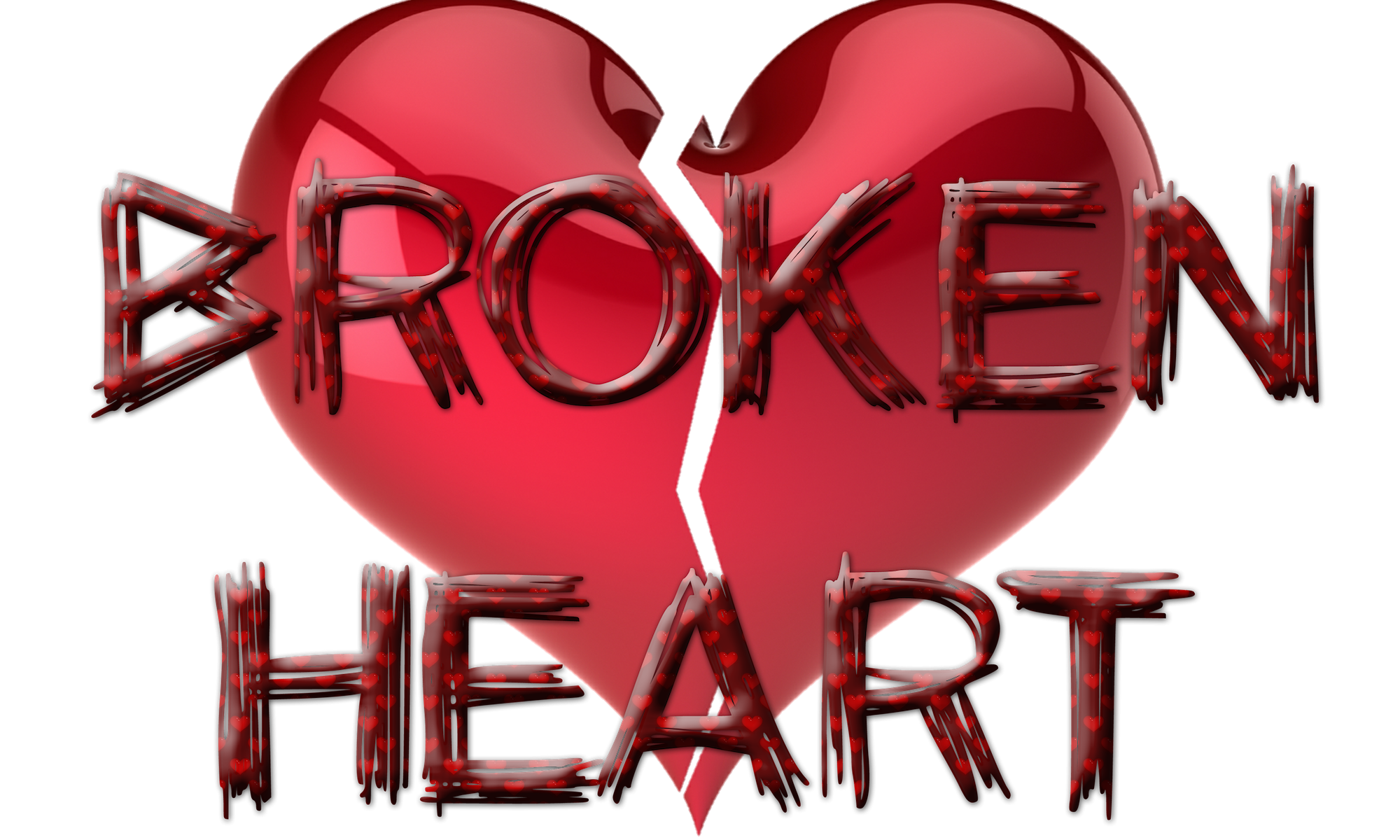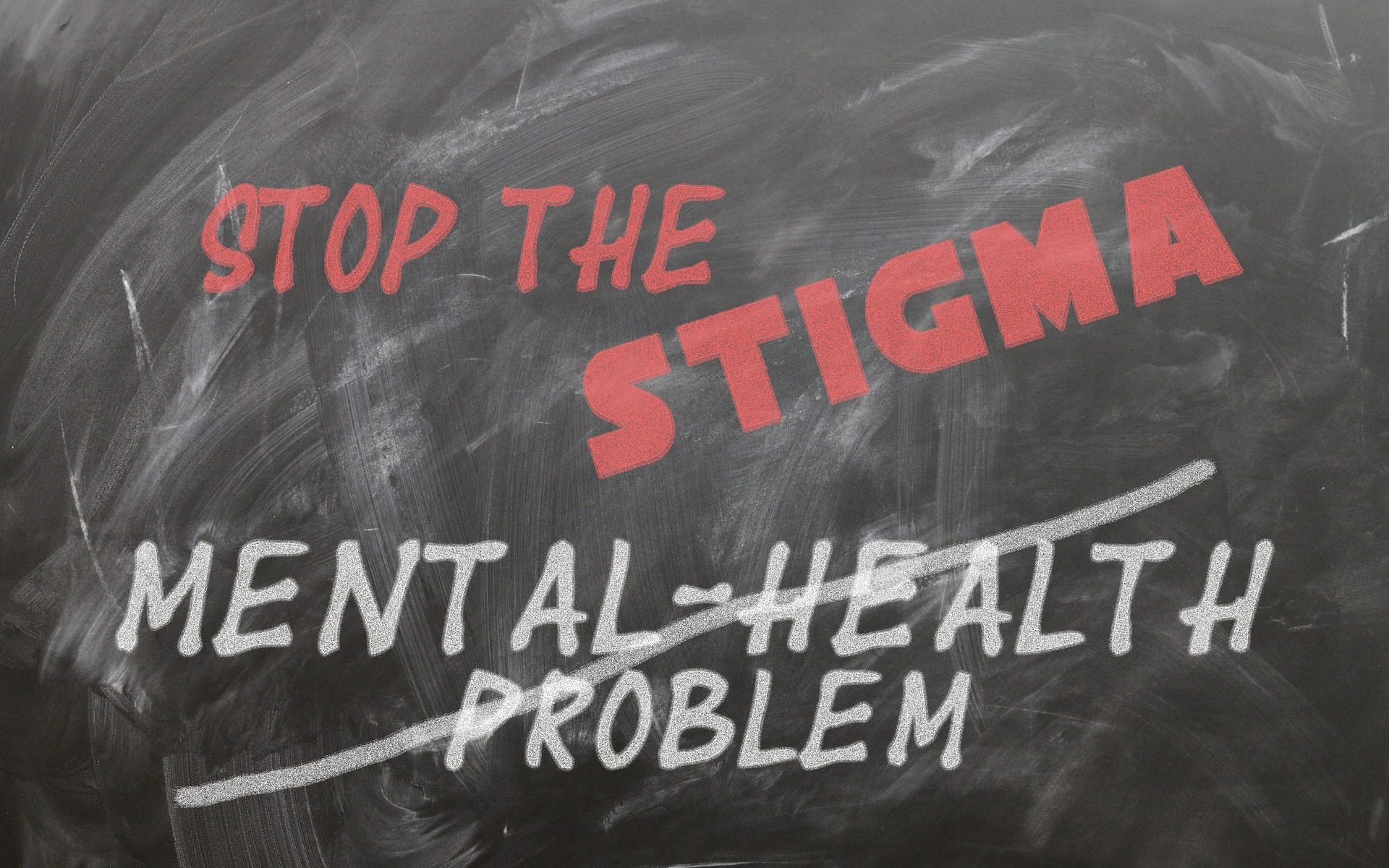Science has proven that we can (and do) die from a broken heart. The medical term is Takotsubo cardiomyopathy – a condition that affects the heart muscle, giving the left ventricle a distinctive shape. It causes the heart to balloon and weaken and contract abnormally. The symptoms appear rapidly and are similar to those of a heart attack (shortness of breath, chest pain, arrhythmia). They are brought on by shock, stress or an emotional event, such as loss and bereavement. While broken heart syndrome can be temporary, with the heart muscle able to recover over days, weeks or months, for some who have the condition, there can be complications and even death. Broken heart syndrome affects around 2,500 people in the UK each year (I’ll add here of those that seek medical attention and receive the diagnosis – many grievers don’t go for medical help or attribute physical illness to grief). Numbers elsewhere in the world are unclear in accordance with the somewhat limited information available on the internet.
Assessing Your Personal Needs in Grief
After loss, life changes dramatically for everyone grieving the death. Whether it’s a parent or spouse, sibling or child you have lost, you will be feeling the impact of your loved one’s death in some way, as will every one of your family members. The more complicated or unexpected the death, the greater this impact will be. And it’s tough to support each other in grief, because everybody is going through something different at every stage. It can be a confusing time with everyone’s needs rapidly changing.
For some, grief will last a long time. For others, they will seemingly return to normal a lot sooner, which represents a struggle for anyone trying to understand a griever’s unique experience. It stands to reason that many relationships and sometimes even entire family units break down, especially after certain types of loss.
Continue reading “Assessing Your Personal Needs in Grief”Loving Ourselves Through Grief
While some may think of it as vain or superficial, in the context of long-suffering agony, it is essential that everyone finds room in their heart to love themselves through their grief. Fully and completely.
The definition of love is to feel a profoundly tender, passionate affection for another person, such as a parent, child or friend. Self-love is defined as the instinct we have to preserve our own well-being (at all costs). Why then, would it be considered wrong and worthy of so much self-punishment (as many grievers succumb to) when loving ourselves through horrendous loss is the right thing to do? A loss that in our wildest imagination, we could never have prevented.
As a mom of my daughter who died by suicide in 2005, this latter point has kept me punishing myself to various extremes over the years, mostly experienced as mental and emotional conflict when I imagine all the various things I could and should have done differently to prevent her death. I’ve never quite been able to accept that there wasn’t more I could have done to save my child. Despite my many attempts to banish the tormenting thoughts from my mind, they keep coming back.
Continue reading “Loving Ourselves Through Grief”Is Social Media Killing our Kids?
Right now, there is concern by parents in the UK that social media is responsible for the recent suicides of dozens of young teens in that country . Discussion is ramping up amongst lawmakers about how best to legislate social media companies to remove and ban all content that may promote self-harm. Legislators are as concerned as parents. There is hope they can work with social media companies to find a solution to this endemic problem that still respects freedom of the internet, but where sufficient controls can be put in place to effectively guard it.
Drawing on my former experience working in privacy, I’m not sure if this is wishful thinking on the part of lawmakers or not, but as a mom whose daughter died by suicide in 2005 after viewing content on a self-harm site that offered methods on how to complete suicide, I can relate to the fears parents face today, where almost anything can be readily accessed online. I can also appreciate the difficulty experts may be facing establishing law to ban this content, yet still protect the rights of individuals to access information.
Continue reading “Is Social Media Killing our Kids?”Grief or Not … am I a Griever?
So many people are in emotional pain and grieving some type of loss from the past or more recently, and haven’t got a clue they are in grief. It is this cluelessness that may well explain in part, why we don’t talk about grief very much in western culture. Which, as someone who has struggled with complicated grief from the suicide of my daughter in 2005, really frustrates me. It has made the journey these past thirteen years very lonely; just as I suspect it’s been a lonely one for millions of other people coping with complicated grief or grief they don’t understand.
Continue reading “Grief or Not … am I a Griever?”Your Rights in Grief
I know that grief is a difficult topic and we don’t discuss it much in the open. Yet, there isn’t one person not affected by grief in some way. What’s so sad and even shameful in western culture (or any other culture perpetuating this shame and secrecy) is that we aren’t allowed to show our sadness from loss in public. At least not comfortably. Ever! And that needs to change. Because it isn’t only sadness we feel in grief. It’s a host of other emotions and difficulties we experience that can and do end up ruining people’s relationships, careers, finances and even families.
7 Tips to Manage the Holidays
Most grievers will attest to the difficulty that many, if not all holidays, present after the loss of a loved one. With Christmas just around the corner (and all other celebrations taking place around the world at this time), for many bereaved individuals, coping with major holidays can present a huge challenge, no matter how long ago their loss. Trying to survive the endless parties and celebrations looking happy and feeling festive is hard.
PTSD IN GRIEF
In 2005, I lost my twenty-two-year-old daughter to suicide. I was diagnosed in 2014 with PTSD as a result of that trauma. Though I suspected I may have PTSD as far back as 2007, this remained only a suspicion until my medical diagnosis. Up to that point, I didn’t understand the toll that PTSD was taking on my body. The diagnosis brought me incredible relief and was a critical turning point in my grief that led me to make the most positive changes I’ve been able to in my healing so far.
HOW DO YOU KNOW IF YOU HAVE PTSD?
Getting Grounded in Grief
As a bereaved mom of a beautiful daughter who died by suicide in 2005 at the age of twenty-two, I certainly know pain and suffering. Just like a lot of other people know pain and suffering who have lost someone to suicide, sudden and/or traumatic death. I have done a lot of work to heal from my pain over the years and have had tremendous success to this point, but it’s an ongoing journey.
Understanding Limitations in Grief
From a purely physical perspective, I dislike the word “limitation”. It goes against every spiritual cell in my body. From the spiritual perspective, we are all perfect. Pain is an illusion. But as physical beings too, we experience a host of issues that seem totally contrary to one’s spiritual essence.
Until recently, I had a really hard time coming to terms with my obvious limitations that began immediately following my daughter’s suicide in 2005 and grew increasingly disruptive to my life over the years. Because we hear the phrase “return to normal” all the time after tragic loss and are conditioned to believe this is the best remedy to overcome grief, a great many limitations – both physical and mental – arise from any griever striving to reach a sense of “normalcy” again that is simply not possible. Especially for those dealing with complicated grief. Continue reading “Understanding Limitations in Grief”










